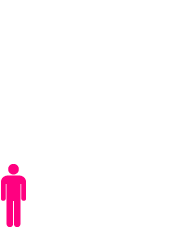 We have arrived at a unique point in history. Sustainable development – to no small part due to the threat of climate change consequences – is becoming main stream.
We have arrived at a unique point in history. Sustainable development – to no small part due to the threat of climate change consequences – is becoming main stream.
The current patterns of human consumption in the so called industrialised world, depletes resources much faster than they can be replenished and are generating an enormous amount of waste which further burdens the natural environment.
————————————————————————————————————————–
Sustainable development implies that a future design of society will avoid the current environmental degradation and address social inequities.
There is still scope for subjective judgments about what exactly needs to be put in place to ensure sustainability of the planet and how we are to live in harmony with nature.
————————————————————————————————————————–
What does sustainable development mean?
It means ‘behaving’ in a way that is environmentally, economically and socially responsible.
It means ensuring that the production, delivery, consumption of products or services and related disposal do not adversely impact people or the environment in any way.
In other words…
It means business as usual cannot continue.
Adopting new practices to ensure sustainable development is crucial for all organsiations, large and small, and for all sectors: business, government and civil society as well as for us as individuals and consumers.
————————————————————————————————————————–
A widely accepted formal definition of sustainable development comes from the Brundtland Report Commission, 1987:
‘Meeting the needs of the present without compromising the ability of future generations to meet their own needs.’
Ms Brundtland was Norway’s first women Prime Minister who led the World Commission on Environment and Development in 1987, which produced a report Our Common Future, setting out an international agenda for action.